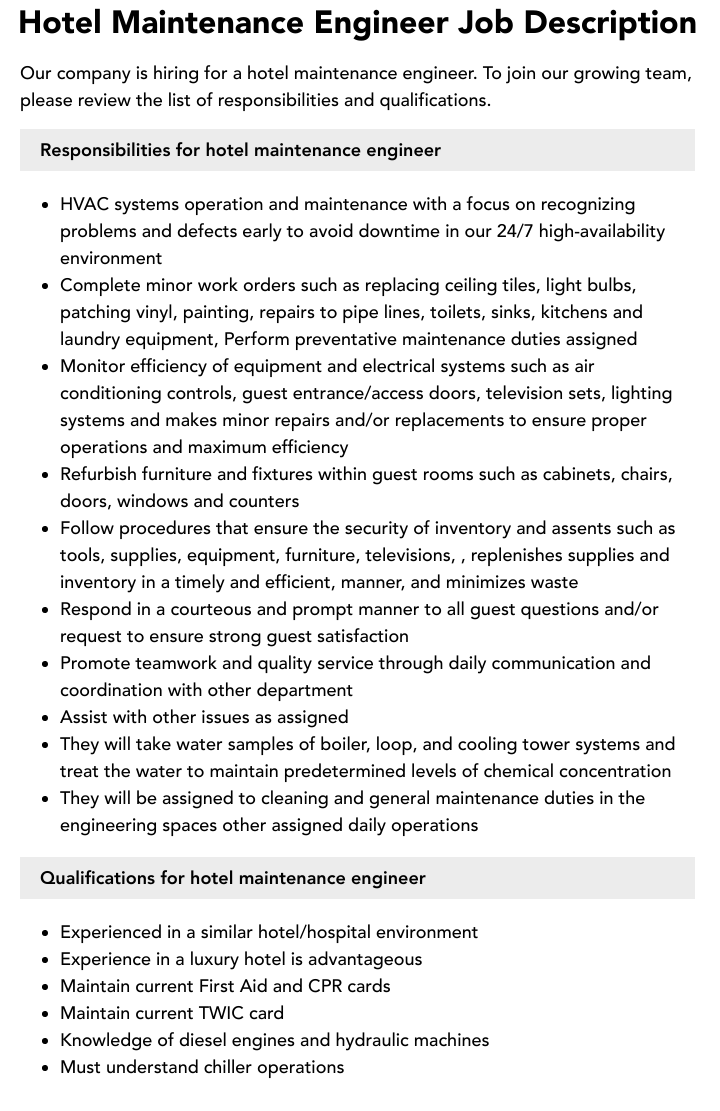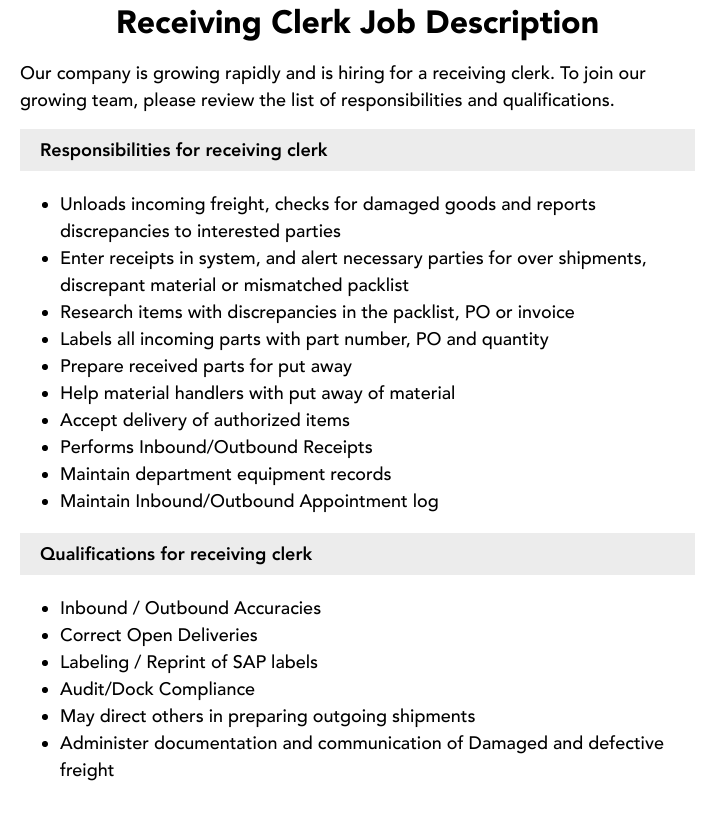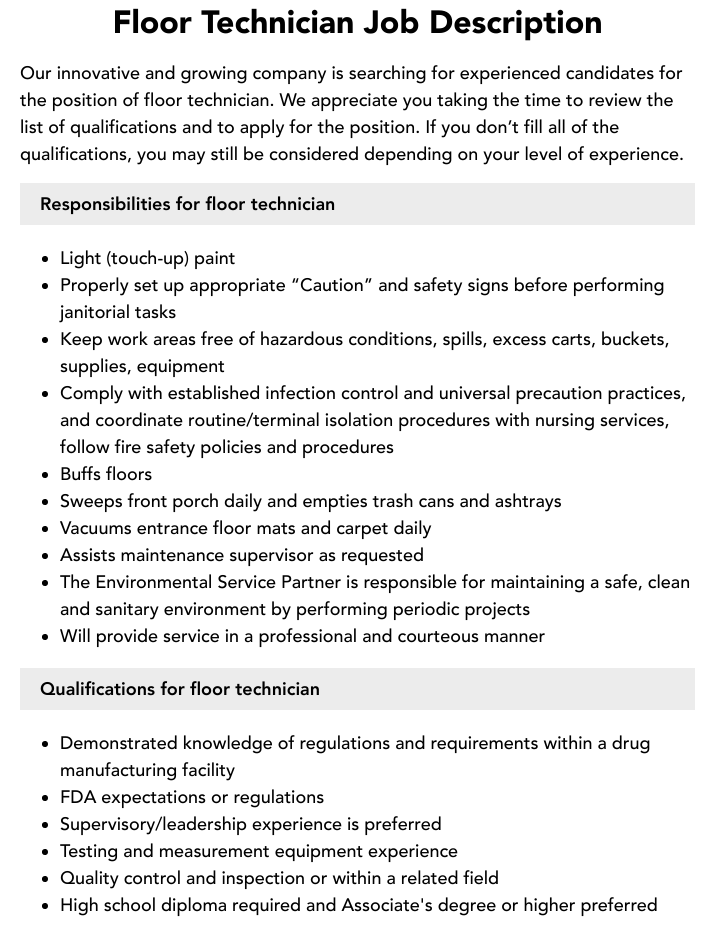
A coronary care unit (CCU) nurse is a registered nurse (RN) who provides specialized care to patients with heart conditions. CCU nurses work in a variety of settings, including hospitals, clinics, and nursing homes. They provide care to patients who are experiencing a heart attack, heart failure, or other cardiac problems.
CCU nurses must have a strong understanding of cardiac anatomy and physiology, as well as the latest treatment protocols. They must be able to quickly assess a patient’s condition and take appropriate action. CCU nurses also play an important role in educating patients and their families about heart disease and its management.
The job of a CCU nurse is both challenging and rewarding. CCU nurses make a real difference in the lives of their patients, and they play a vital role in the healthcare system.
1. Expertise
In the context of coronary care unit nurse job description, expertise stands as a cornerstone, encompassing specialized knowledge and skills that distinguish CCU nurses in cardiac care.
-
Advanced Education
CCU nurses undergo rigorous training and education to acquire in-depth knowledge of cardiac anatomy, physiology, and pharmacology. They stay abreast of the latest advancements and best practices through continuing education programs. -
Specialized Training
CCU nurses receive specialized training in cardiac monitoring, defibrillation, and other critical interventions. They are proficient in operating specialized equipment and technologies used in the CCU. -
Clinical Experience
CCU nurses gain invaluable clinical experience by working alongside cardiologists and other healthcare professionals. They develop expertise in managing a wide range of cardiac conditions, from acute myocardial infarction to heart failure. -
Certification
Many CCU nurses obtain certifications, such as the Certified Critical Care Nurse (CCRN) or the Advanced Cardiovascular Life Support (ACLS) certification, to demonstrate their specialized knowledge and skills.
The expertise of CCU nurses enables them to provide the highest level of care to cardiac patients, ensuring optimal outcomes and improving patient satisfaction.
2. Assessment
In the context of a coronary care unit nurse job description, assessment plays a crucial role in ensuring the provision of timely and appropriate care to patients with heart conditions. CCU nurses are responsible for:
-
Initial Assessment
Upon a patient’s admission to the CCU, the nurse conducts a comprehensive assessment, including vital signs, physical examination, and medical history review. This initial assessment helps establish a baseline and identify any immediate concerns. -
Continuous Monitoring
CCU nurses continuously monitor patients’ conditions using advanced monitoring equipment. They track vital signs, electrocardiograms, and other parameters to detect any changes or complications early on. -
Assessment of Pain and Discomfort
Cardiac conditions can cause significant pain and discomfort. CCU nurses assess patients’ pain levels and provide appropriate interventions, such as administering medications or adjusting treatment plans. -
Neurological Assessment
Some cardiac conditions can affect neurological function. CCU nurses assess patients’ neurological status to identify any changes or deficits that may require further evaluation or intervention.
Through accurate and ongoing assessment, CCU nurses play a vital role in ensuring the early detection and management of complications, contributing to improved patient outcomes and reduced risks.
3. Intervention
Intervention is a critical aspect of a coronary care unit nurse’s job description. It involves the prompt recognition and management of complications that may arise in patients with heart conditions. CCU nurses are trained to assess patients’ conditions continuously and intervene appropriately based on their findings.
The ability to intervene promptly and effectively can significantly impact patient outcomes. For instance, if a patient experiences an arrhythmia, a CCU nurse must quickly assess the situation and administer the appropriate medication or perform defibrillation. Similarly, if a patient’s blood pressure drops suddenly, the nurse must intervene with vasopressors to maintain adequate perfusion.
The interventions performed by CCU nurses are guided by established protocols and guidelines. They work closely with physicians and other healthcare professionals to ensure that patients receive the most appropriate and up-to-date treatments. The ability to intervene promptly and effectively requires a high level of clinical knowledge, technical skill, and decision-making.
Overall, the intervention component of a coronary care unit nurse’s job description is essential for ensuring the safety and well-being of patients with heart conditions. By promptly intervening with appropriate treatments and therapies, CCU nurses can help prevent complications, improve patient outcomes, and potentially save lives.
4. Education
Education is an integral aspect of a coronary care unit nurse’s job description. It involves providing clear and comprehensive information to patients and their families about heart conditions, their management, and lifestyle modifications to promote better health outcomes.
-
Patient Education
CCU nurses educate patients about their specific heart conditions, including the underlying causes, symptoms, and potential complications. They explain treatment plans, medications, and lifestyle changes necessary to manage the condition effectively. -
Family Education
CCU nurses recognize the importance of involving family members in the patient’s care. They provide education and support to family members, helping them understand the patient’s condition, treatment, and home care instructions. -
Lifestyle Counseling
CCU nurses emphasize the significance of lifestyle modifications in managing heart conditions. They provide counseling on healthy, exercise, smoking cessation, and stress management, empowering patients and their families to make informed choices. -
Emotional Support
Heart conditions can cause emotional distress for patients and their families. CCU nurses provide emotional support and guidance, helping them cope with the challenges and uncertainties associated with the illness.
Education plays a pivotal role in empowering patients and their families to actively participate in their care, improve self-management skills, and ultimately achieve better health outcomes. By fulfilling this educational role, CCU nurses go beyond providing medical care and contribute to the overall well-being of their patients.
FAQs on Coronary Care Unit Nurse Job Description
This section addresses frequently asked questions regarding the job description of a coronary care unit (CCU) nurse, providing clear and informative answers.
Question 1: What are the primary responsibilities of a CCU nurse?
CCU nurses provide specialized care to patients with heart conditions, including monitoring their condition, administering medications, and performing various interventions. They also play a crucial role in patient and family education.
Question 2: What qualifications are necessary to become a CCU nurse?
Typically, a registered nurse (RN) license and additional cardiac care certification, such as the Certified Critical Care Nurse (CCRN), are required. Specialized training and experience in cardiac monitoring and critical care are also essential.
Question 3: What is the work environment like for a CCU nurse?
CCU nurses work in fast-paced and demanding environments, often dealing with critically ill patients. They collaborate with a team of healthcare professionals, including physicians, respiratory therapists, and pharmacists.
Question 4: What are the challenges faced by CCU nurses?
CCU nurses face challenges such as managing multiple patients with complex conditions, dealing with emotional distress, and working under time-sensitive situations.
Question 5: What are the rewards of being a CCU nurse?
CCU nurses find satisfaction in providing specialized care to critically ill patients and making a positive impact on their lives. They also appreciate the opportunity to work in a challenging and dynamic environment.
Question 6: What is the job outlook for CCU nurses?
The job outlook for CCU nurses is expected to remain favorable due to the increasing prevalence of heart conditions and the need for specialized cardiac care.
In summary, CCU nurses play a vital role in the healthcare system, providing specialized care to patients with heart conditions. They possess unique qualifications and expertise, and their work environment can be both challenging and rewarding. The job outlook for CCU nurses is positive, offering opportunities for career growth and professional development.
Transition to the next article section: Understanding the job description of a CCU nurse is crucial for aspiring nurses seeking a career in cardiac care. The insights provided in this FAQ section can guide individuals in making informed decisions about their career path.
Tips for Coronary Care Unit Nurses
Coronary care unit (CCU) nurses play a critical role in providing specialized care to patients with heart conditions. Here are five tips to guide CCU nurses in their practice:
Tip 1: Enhance Clinical Expertise
Continuously update your knowledge and skills through continuing education, conferences, and specialized training programs in cardiac care. Stay abreast of the latest advancements in medications, technologies, and treatment protocols.
Tip 2: Master Assessment Skills
Develop strong assessment skills to accurately evaluate patients’ conditions. Utilize a systematic approach to monitor vital signs, interpret electrocardiograms, and assess pain levels to detect subtle changes and potential complications.
Tip 3: Prioritize Timely Intervention
Recognize and respond promptly to changes in patients’ conditions. Intervene swiftly with appropriate treatments and therapies, such as administering medications, providing oxygen therapy, or performing defibrillation. Your timely actions can significantly impact patient outcomes.
Tip 4: Foster Effective Communication
Communicate effectively with patients, families, and other healthcare professionals. Provide clear and compassionate explanations about diagnoses, treatment plans, and prognoses. Your ability to convey information effectively promotes understanding and builds trust.
Tip 5: Provide Holistic Care
Go beyond medical care and address the emotional and psychological needs of patients and their families. Offer support, empathy, and guidance throughout their journey. Your holistic approach contributes to their well-being and recovery.
Summary
By adhering to these tips, CCU nurses can enhance their expertise, deliver exceptional patient care, and make a positive impact on the lives of individuals with heart conditions.
Transition to the article’s conclusion
The role of a coronary care unit nurse requires a unique blend of clinical competence, compassion, and dedication. By embracing these tips, CCU nurses can optimize their practice and provide the highest level of care to their patients.



